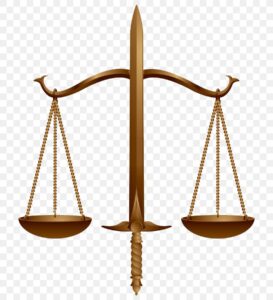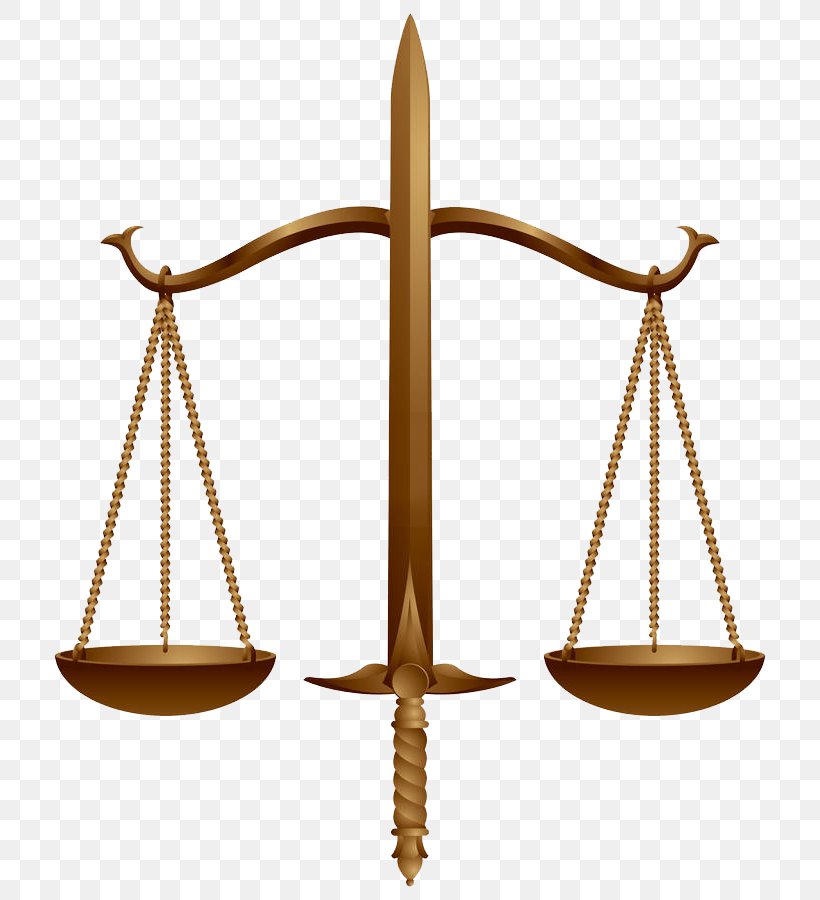
The Supreme Court of Nigeria’s statement cautioning against undue criticisms of its judgments, its chief justice, and justices is unprecedented, according to The Guardian’s editorial.

While the judges wear thick cloths against public criticism, the court must not be unduly sensitive or intolerant of such criticism, especially of its judgments, so as not to send the wrong message. The court’s recent judgment in high-profile political cases has been criticized by many Nigerians, who consider it controversial. The court’s reaction is surprising, according to the editorial.
While the Supreme Court has the freedom to decide disputes and interpret the Constitution and law in accordance with legal principles, it must be accountable to the people in terms of its overall performance and meeting the justice needs of the people in a timely and efficient manner.
The Supreme Court must interpret the law in a way that fulfils the needs and aspirations of the Nigerian people, dispenses justice, and is seen to manifestly dispense justice. The court’s decisions, particularly in the cases of Ihedioha V Hope Uzodimma and recently Lawan V Machina and Akpabio V INEC and others, are evoking excoriating public criticism and perceived somewhat as perverse.
The Supreme Court must ensure that justice is rooted in confidence and perception, which is destroyed when right-minded people go away thinking that the judge was biased.
The editorial concludes that the Supreme Court must strike a balance between judicial independence and accountability to the people.


